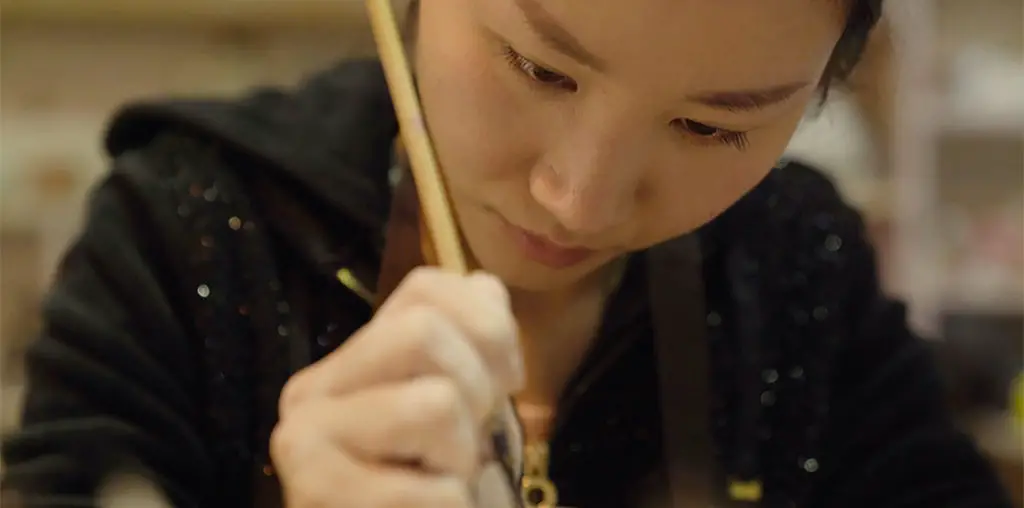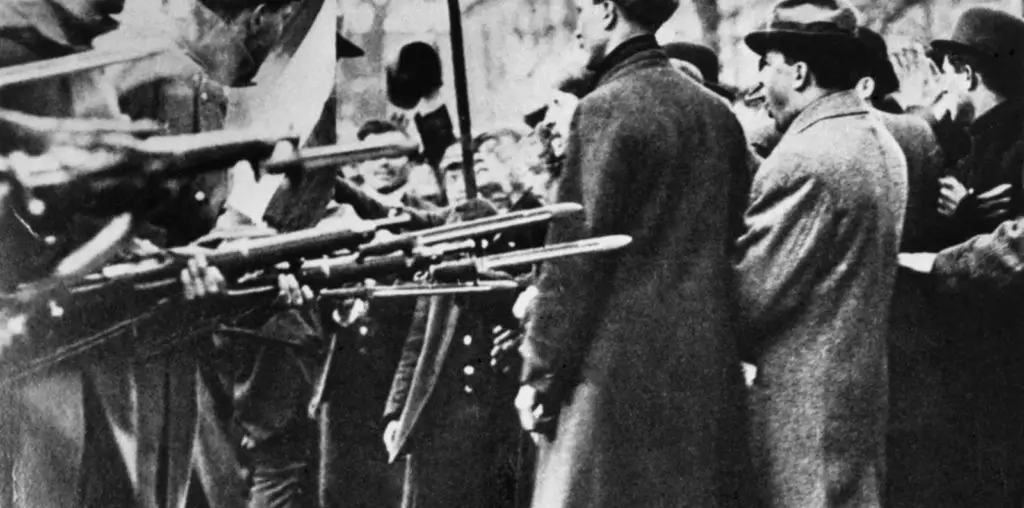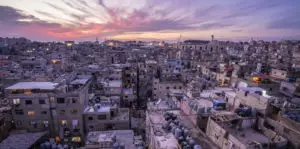
The Lebanese capital of Beirut has seen turmoil and strife for almost all of its modern history, and because of this, it’s never really recovered from any of it. This seemed to reach a fever pitch in 2020 with the disastrous, multi-billion dollar Port of Beirut explosion causing hundreds of deaths, leaving hundreds of thousands homeless, and forcing the resignation of then-Prime Minister Hassan Diab and his cabinet. These devastating dominos would only be the first of many that have fallen into the present day, compounding the hyperinflation, crippling unemployment, and systemic corruption which has plagued Lebanon for a century. In the wake of this devastation, documentarians Garry Keane and Stephen Gerard Kelly have crafted In the Shadow of Beirut — weaving the daily reality of two of the titular city’s most brutal slums into a harrowing portrait of misery, perseverance, and somehow hope.
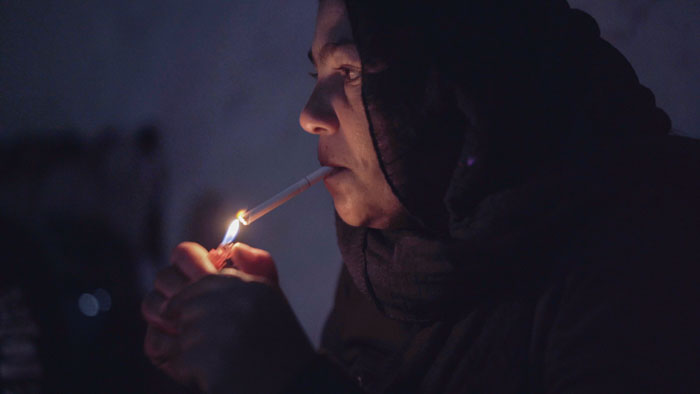
Rabia (39) lights a cigarette as the electricity cuts out on her home in Sabra.
“…Beirut has seen turmoil and strife for almost all of its modern history…”
The opening titles of In the Shadow of Beirut briefly outline the sociopolitical and economic climate that grips the country and provide the context necessary to understand the urban landscape that will be investigated throughout the film — namely the neighborhoods of Sabra and Shatila. In these slums live four families who all struggle day-to-day to feed, clothe, and protect themselves however they can, all the while faced with a plethora of unique challenges and crises that are almost always rooted in the crushing poverty and sectarianism that loom over every pave stone and corner stall in the city. Whether it’s parents unable to secure medical help for a deathly ill child, a teenage girl becoming engaged to a volatile man many years her senior, a new father struggling with addiction and joblessness, or child victims of ISIS forced to work 14 hours a day carrying garbage to provide for their family; there isn’t a solitary moment that isn’t defined by hardship and injustice.
For the bulk of In the Shadow of Beirut, one sentence kept popping into my head — in the final moments of Rahul Jain’s 2016 industrial documentary, Machines, one subject claims sardonically of his harsh life working in a Gujarat textile factory that “my only satisfaction is that everybody dies.” The overwhelming majority of In the Shadow of Beirut is spent witnessing people in perpetual misery and trapped in a Sisyphean struggle that has little to no chance of being improved upon or outright escaped. But what makes it all the more poignant is that these lives are framed as fairly average for the denizens of Sabra and Shatila — even the sparse moments of joy, peace, or release that are scattershot throughout are hallmarked by a sense of desperation.
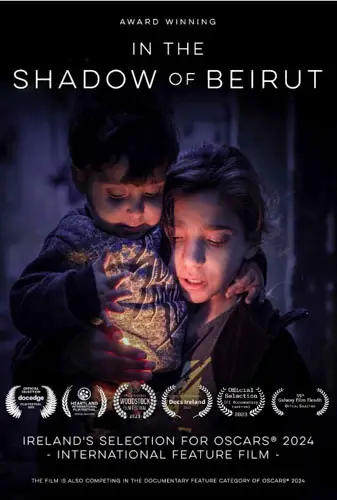
"…a harrowing portrait of misery, perseverance, and somehow hope."
